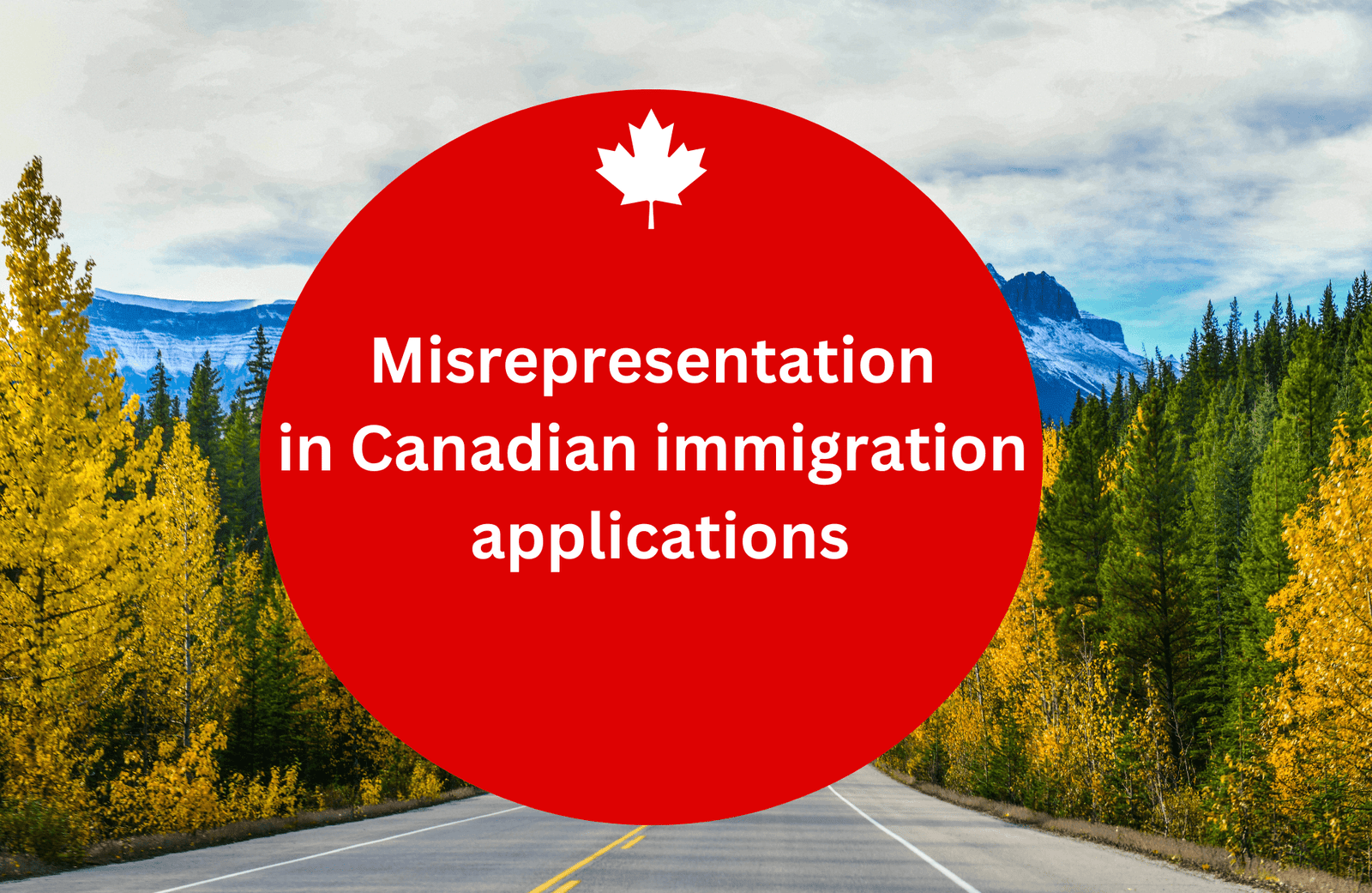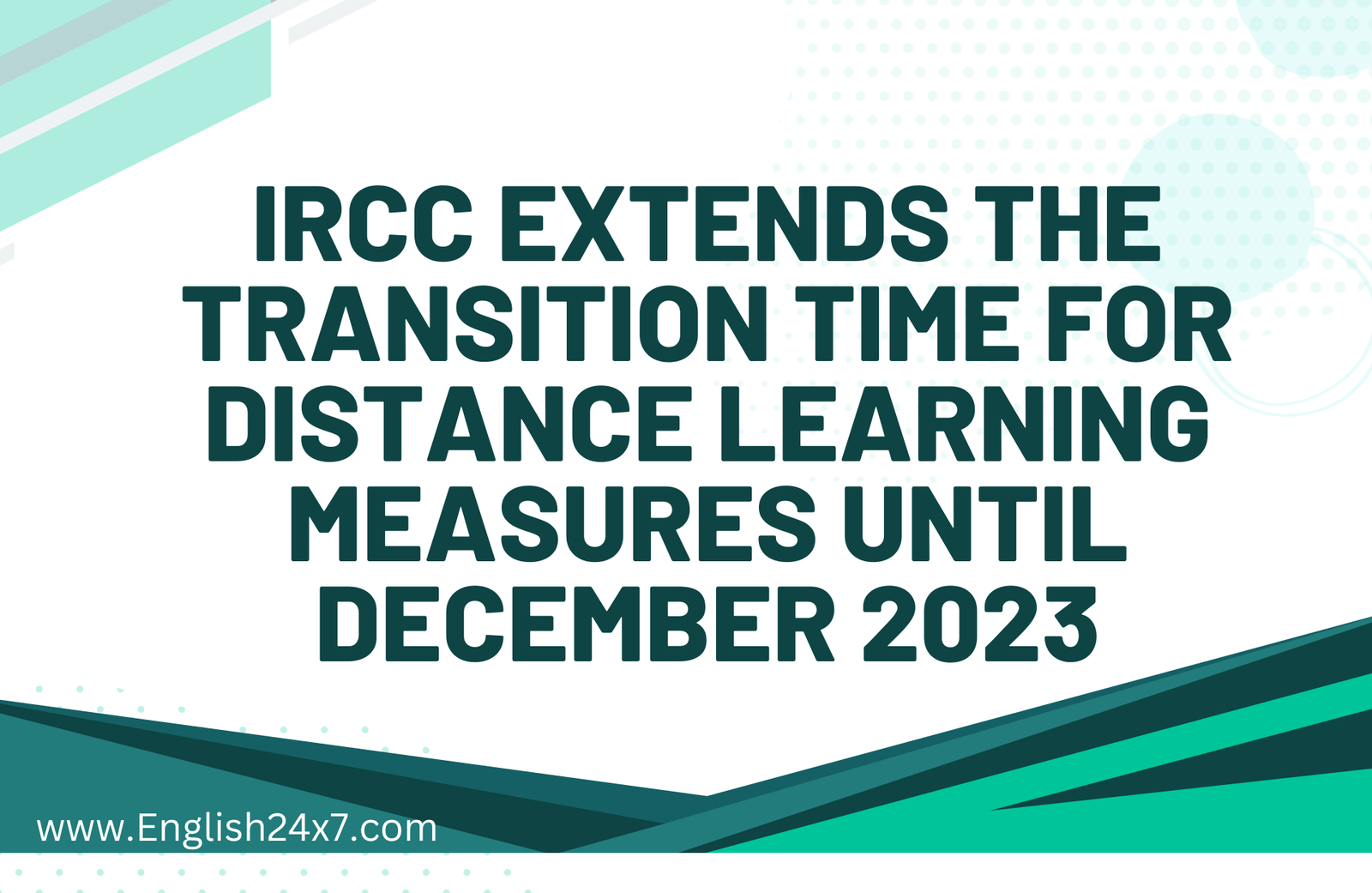
The significance of avoiding misrepresentation in Canadian immigration applications, according to a federal judgement
Ting Li was a Canadian citizen, and her two children attended school in China. She had previously secured a temporary resident visa (TRV) to visit her kids in Canada.
Ting was offered a job in 2021 as a buying manager at Fullsun Trading Inc. because she had prior experience working in a similar role in China. She then applied for a work permit.
The immigration officer expressed worry in a procedural fairness letter to Ting regarding the inconsistencies and integrity of her employment history. Ting replied to the letter by describing how her employment history in her TRV application and employment history in her work visa application differ.
Ting said that she made mistakes when filing the TRV application, which is why there were variances. She took the procedure seriously and provided more accurate and truthful information while applying for the work visa.
With social insurance and personal income tax records, Ting also brought a letter from the General Manager of her employer in China attesting to the specifics of her employment history. These documents served to bolster the proof of employment further.
Even after receiving the letter and papers describing the errors, the immigration officer still refused to grant her a work visa. Ting was charged with misrepresenting a material fact and submitting false documentation after the officer referenced section 40(1)(a) of the Immigration and Refugee Protection Act.
Ting filed a lawsuit with the Federal Court. She did not dispute that her TRV application had an error but insisted that her justifications were convincing.
The officer needed to adequately analyse the information proving her employment history and the evidence demonstrating why the two applications differed, according to the court's findings. The officer finally concluded that the decision was unreasonable despite failing to explain how the fresh material she offered did not adequately address the issues.
Consequences for those applying for immigration
For foreign nationals submitting applications for immigration to Canada, the Li v. Canada case has significant ramifications. Overcoming misrepresentation is challenging. Misrepresentation is strictly forbidden by immigration officials, and it may lead to the rejection of an application or the revocation of status. A misrepresentation could potentially lead to a decision that the applicant is not welcome in Canada.
In addition to being rejected, lying about your immigration application might have serious repercussions. In response to false documents or information, Immigration, Refugee and Citizenship Canada (IRCC) have the following options: deny you entry into Canada for at least five years; mark you permanently as a fraudster; revoke your status as a permanent resident or Canadian citizen; charge you with a crime; or expel you from Canada.
The situation with Ting demonstrates how crucial it is to ensure your application is precise, up-to-date, and thorough.
Applications and forms for immigration might be complicated. Even if applicants take great care and try to be genuine, they may accidentally make false statements. Candidates may submit data that, to the best of their knowledge, is true and full but later proves to be false or lacking. Sadly, as Ting's case showed, innocence is rarely a defence against misrepresentation.
It can be beneficial to get in touch with a knowledgeable Canadian immigration lawyer who will work with you to ensure that the information and supporting paperwork you supply are precise and full to prevent misrepresentation on your immigration applications.







